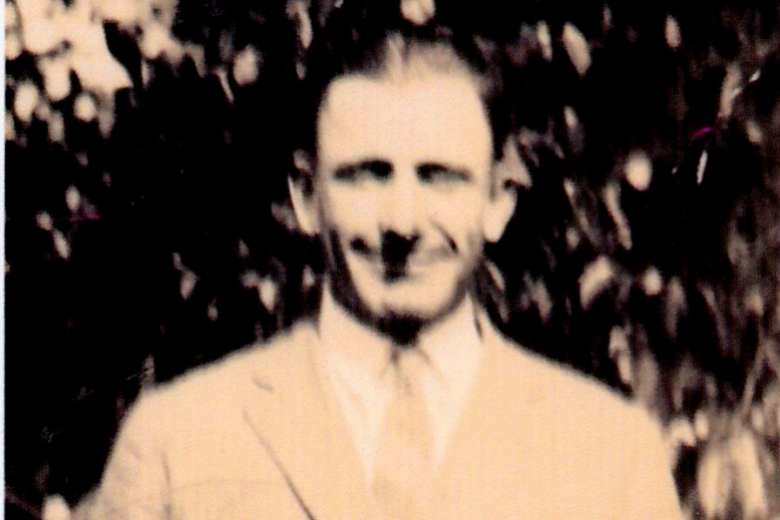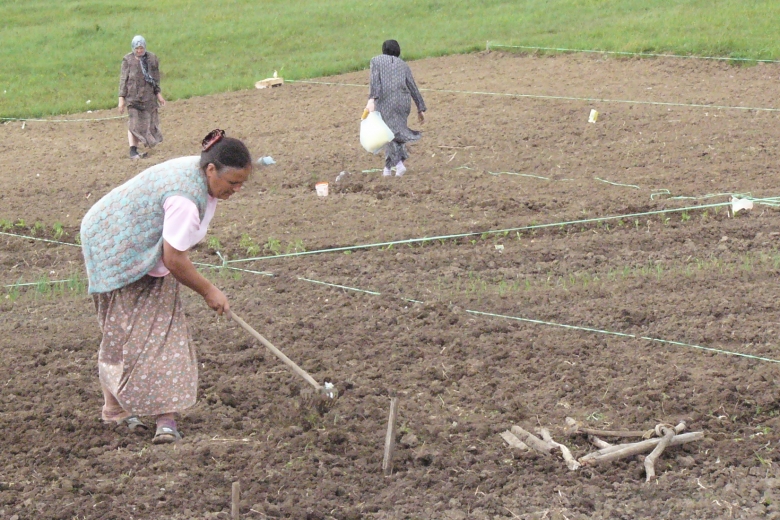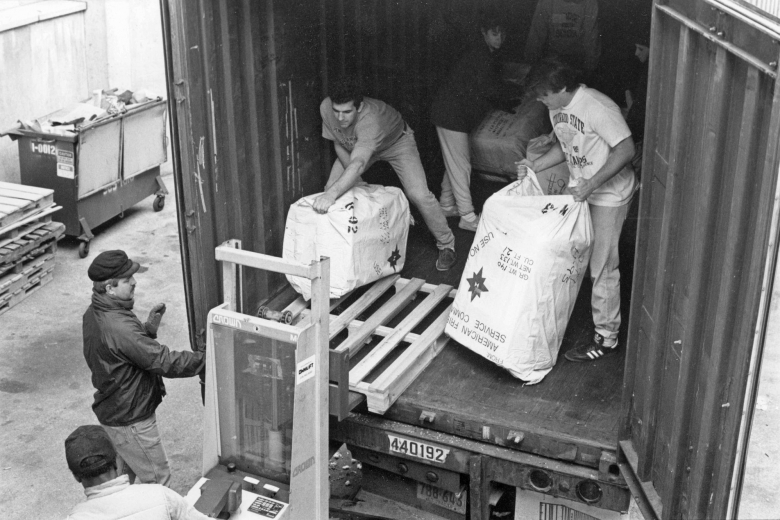
Submitted by C. Donald's daughter, Frances Winslow Norton. Excerpted from his diary, written while serving with AFSC in Europe 1919-1920:
At some time the previous spring I had read an article in some magazine about Friend’s relief work in France, had gone out to talk to Mr. Haworth, the pastor of the Minneapolis Friend’s church. Mr. Haworth was a fine individual, an able minister, and his explanation of Friend’s relief work was so interesting, and the picture he drew of relief work in France so alluring that I wrote the Friend’s Service Committee and applied. Since I had no immediate reply that summer, I went back to re-enter the University of Minnesota in the fall, and was drawn into the S.A.T.C. Shortly after my discharge from that outfit and after my return to Carthage, IN, I had a letter from the American Friends Service Committee saying that I had been accepted for service in France and asking me to report in May. That was the spring of 1919, and I would be able to celebrate my 21st birthday en route to France.
No one could conceive of a more delightful way to celebrate any event than on such a wonderful ocean trip. We sailed from New York on a small Cunard vessel named the Orduna. It was not one of the big liners, only 20,000 tons or so, but we had a perfect crossing. The sea was like glass the whole distance, and we enjoyed warm moonlight nights for deck-strolling. There were less than a dozen of us Quakers and two Mennonites in the party. We landed at Liverpool where we spent one night sleeping on army-type cots in a cheap hotel. It was very evident what the Service Committee had in mind. We were being toughened up for the rugged life facing us in the ruined villages of the Argonne, where we would be expected to sleep on cots in houses that had only fragments of roof left, no water for drinking except what could be hauled in from outside or boiled, where most food had to be brought in daily and be prepared immediately because we had no refrigeration. We had to douse every scratch immediately with antiseptic because of the constant danger of blood poisoning, because this area had so recently been battleground. Our job was to erect prefabricated houses for the French refugees to return to. These houses were very flimsy structures, with wooden frames covered with galvanized iron sheets for weather boarding and roofing as well. We put them up as fast as the transport department of the Service Committee could get them to us, and the French moved in as fast as we put them up. The little town where I worked was called Very. It was in the area of the great Romagne cemetery where several thousand American soldiers lie buried. The cemetery had just been laid out and was already being used for burials when we were stationed at Very. All the French peasants in the area made frequent trips to the Romagne because there was an army dump nearby, with stacks of stuff such as hip boots, overcoats, slickers, shoes, that would each fill a large room. We boys appropriated anything we could use that we could take back to camp on our bicycles, that and walking being our only means of transportation. The work there at Very was hard and tiring in the extreme, but I believe those two or three months were among the most interesting and rewarding ones of my life.



